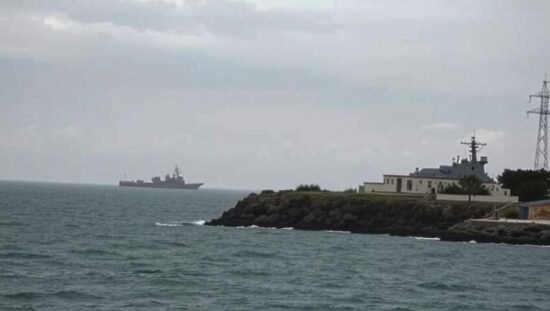Germany’s ambassador to Israel, Ron Prosor, has accused the Chinese government of actively bolstering the Lebanese Hezbollah militia, a development raising serious concerns about regional stability and shifting geopolitical power dynamics. In remarks to the Funke-Mediengruppe newspapers, Prosor asserted that Beijing has recently begun supplying not only air defense systems but also components critical to Hezbollah’s offensive rocket program – a significant escalation in China’s involvement.
This alleged action goes beyond previous reports of Chinese engagement and appears strategically motivated. Prosor suggests Beijing is exploiting the waning influence of Russia in the region to forge stronger ties with the Iranian government, which, in turn, provides substantial support to Hezbollah.
The timing of this alleged Chinese support is particularly sensitive. Hezbollah, backed by Iran, opened a second front against Israel during the recent Gaza conflict and Israel now demands the militia’s disarmament as a precondition for ending the ongoing tensions along the border. Israeli officials have repeatedly accused Hezbollah of rearming and maintaining a significant military presence in the region, directly threatening Israeli security.
The accusation raises crucial questions about China’s long-term strategy concerning the Middle East. While Beijing has often portrayed itself as a neutral actor promoting peace and stability, this alleged support for Hezbollah contradicts that narrative and potentially undermines international efforts to de-escalate the situation. Critics are already questioning whether China’s economic interests in the region are outweighing diplomatic considerations and contributing to a more volatile and dangerous environment.
The implications extend beyond the immediate Israeli-Lebanese border. The potential for a more heavily armed and emboldened Hezbollah could further destabilize Lebanon, a nation already grappling with severe economic and political crises. Moreover, it underscores the increasing complexity of the strategic landscape, with China actively seeking to reshape influence in a region historically dominated by Russia and the United States. Further investigation and transparency from all parties involved are urgently needed to verify the accusations and mitigate the potential for further escalation.





